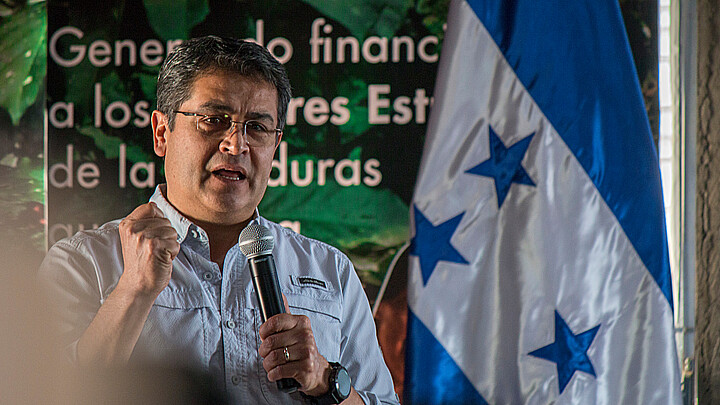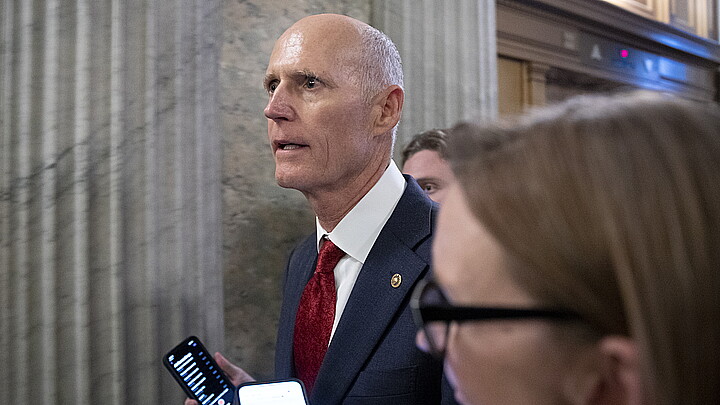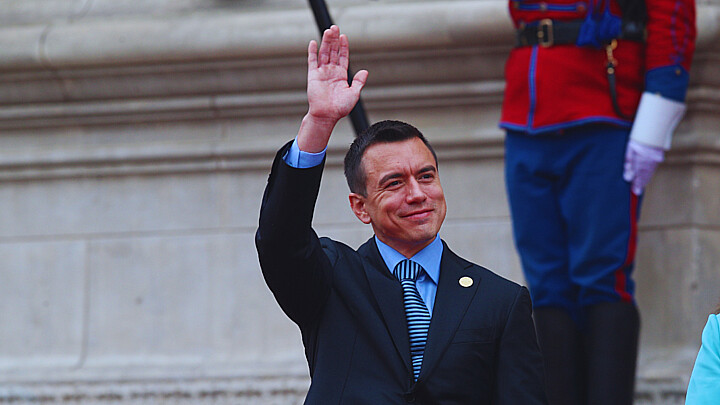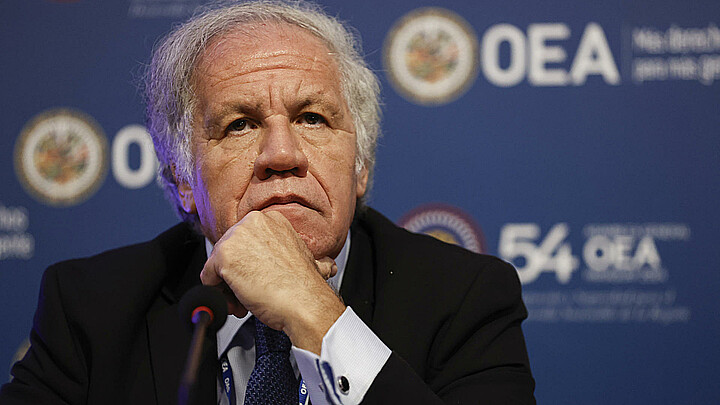Politics
Kirchnerism suffers major defeat in Argentine parliamentary elections
Kirchnerist Peronism collapses in Argentina in the parliamentary elections.
November 16, 2021 5:46pm
Updated: November 16, 2021 5:57pm
The Argentine left have lost the mid-term legislative elections for both Congress and the Senate. The centrist and center-right coalition Juntos por el Cambio (JxC) won in 13 provinces. The pro-government group Frente de Todos (FdT) won in 9 provinces, and 2 regional parties won in two other provinces.
Former President Mauricio Macri's party won in the 5 most populated districts in the country: the province of Buenos Aires, the Autonomous City of Buenos Aires, Córdoba, Santa Fe, and Mendoza, along with two other provinces.
This is the first time since 1983 that Peronism has lost its majority in the Senate of Argentina. On Sunday, out of the 72 Senate seats, the ruling party had 41 senators and Juntos por el Cambio had 25. Today Kirchnerism has 35 senators and Macrism has 31. To obtain a majority, 37 members of the Upper House are needed.
In the Chamber of Deputies, Macri’s coalition obtained 41.97% of the votes against 33.57% for Alberto Fernández's group. In terms of representatives, the FdT has 118 deputies and JxC now has 116 deputies. The total number of seats is 257, and the majority quorum is 129 representatives. The Peronist coalition can still achieve a majority but will need to negotiate with opposition sectors.
The situation in both legislative houses remains even, but now Alberto Fernandez will need to engage in dialogue, something he did not need to do before. There are internal difficulties within his party and the opposition that Alberto will have to deal with.
The Argentine left has lost the mid-term legislative elections for Congress and the Senate. The centrist and center-right coalition Juntos por el Cambio (JxC) won in 13 provinces. The pro-government group Frente de Todos (FdT) won in 9 provinces, and 2 regional parties won in two other provinces.
Vice President Cristina Fernandez did not join the Frente de Todos bunker, alleging that it was not due to "medical recommendations." This generated distrust among the supporters of the former president. Cristina fears losing even more of her political capital, and her relationship with the Minister of Economy Martin Guzman is not the best. It is unknown if she will support Alberto in tough and unpopular decisions that the Argentinean president needs to take to recover the economy.
Argentina had an inflation rate of 52% in October. The Argentine peso continues to devalue and the expectation of a debt negotiation with the International Monetary Fund is not promising.
Argentina is suffering from serious economic problems. The Peronist prescriptions of pretending that there is no fiscal problem, increasing the debt, and postponing the deficit, as well as avoiding adjustments in government expenditures, do not seem to be helping Argentina escape the current economic crisis.
Argentine President Alberto Fernandez made a seemingly contradictory speech after the defeat. While calling for a dialogue with the opposition, he blamed them for the crisis.
"This election marks the end of a very hard stage in our country, which was plagued by two crises. One, the economic crisis, inherited from the previous government and of which there are still enormous challenges to be solved. The other, the health crisis, caused by a cruel pandemic that, little by little, we are overcoming,” said the president.
"In this new stage, we must prioritize national agreements. If we want to solve the challenges we are facing, we need great majorities to generate consensus. In this sense, and as soon as possible, I will address the representatives of the popular will and the political forces they represent, to agree on an agenda as shared as possible. A responsible opposition open to dialogue is a patriotic opposition. Our people need that patriotism," said Fernandez about the opposition.










